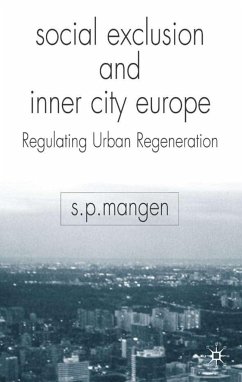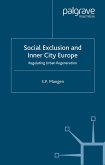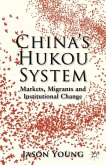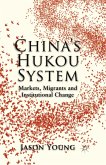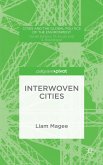The searches by European Union major states for "joined up" approaches to inner city regeneration are examined thematically through a focus on policy evolution since the mid-1970s. Key issues addressed include the physical, social, employment, and urban security agenda. The product of long-term research, drawing on extensive qualitative and quantitative sources at the national level, backed by in-depth case study investigation of five large cities, the book assesses how contemporary urban rejuvenation is being regulated, including the increasing contribution of the European Union.
Praise for the third edition:"Professor de Silva's familiarity with Western psychology and philosophy, along with his deep knowledge of Theravadan traditions gives his work [an] informed balance between ancient wisdom and modern thought. This new edition of his book brings contemporary philosophy of mind together with a clear account of early Buddhist texts. It is an authoritative work that will be welcomed by scholars from both Buddhist and Western traditions." - John Pickering, University of Warwick" An Introduction to Buddhist Psychology is a groundbreaking work, stunning in its lucidity and sweeping in its vision. Professor de Silva has been an intellectual pioneer for decades, and this new edition of his most important work treats the reader to the sustained reflections of a senior scholar. I recommend it not only to academics, but to all who are interested in spirituality, alternative therapies, and personal growth." - Nathan Katz, Florida International University

